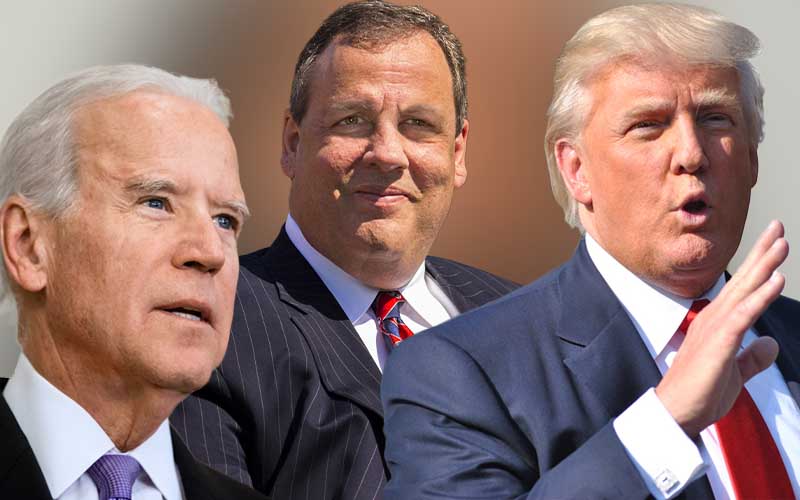Former New Jersey Governor Chris Christie is still going in his quest to stop Donald Trump from becoming the next President of the United States.
In a recent interview on “The Axe Files with David Axelrod” podcast, the twice-unsuccessful presidential candidate discussed his willingness to consider a third-party run in the upcoming November election.
Emphasizing his commitment to the nation’s welfare, he stated, “I will do whatever I can to try to make sure that the country doesn’t go through the misery of a second Trump term.” Despite his lack of popularity and poor polling results in comparison to other GOP candidates for 2024, leading to his early withdrawal, Christie believes his involvement could be pivotal in a closely contested race against Donald Trump, aiming to prevent a repeat of the previous election’s tight outcome.
Chris Christie’s forays into presidential politics, marked by his bids for the White House in 2016 and 2024, serve as intriguing case studies in the complexities of American electoral dynamics and the challenges of establishing a national political identity. Christie, the former Governor of New Jersey, is a figure whose political career has been characterized by both notable successes and public controversies. This essay aims to dissect Christie’s presidential campaigns, exploring the factors that led to their failure and the broader implications for his political legacy.
The 2016 Presidential Run
Christie’s first presidential campaign in 2016 was launched in a political climate brimming with Republican hopefuls, each vying to emerge as the party’s nominee. His tenure as Governor saw moments of high approval ratings, notably his handling of the aftermath of Hurricane Sandy. However, Christie’s straight-talking, no-nonsense demeanor, while appealing to some, did not translate into broad-based national appeal. The crowded Republican field, combined with the emergence of Donald Trump as a political outsider and media juggernaut, overshadowed Christie’s campaign. Christie’s political strategy, focused heavily on New Hampshire’s primary, failed to gain the traction necessary for a successful national campaign. Following a disappointing finish in New Hampshire, Christie suspended his campaign, marking the end of his first attempt at the presidency.
The Bridgegate scandal, wherein aides to Christie were found to have caused traffic jams to punish a political opponent, also loomed large over his campaign. Despite Christie’s vehement denials of involvement, the scandal tarnished his reputation, casting a shadow over his presidential aspirations and contributing to his struggle to gain momentum.
The 2024 Consideration
By the time of his consideration for a 2024 run, the political landscape had shifted significantly, yet Christie’s challenges in mounting a successful campaign remained. His open contemplation of a third-party “No Labels” candidacy highlighted his recognition of the difficulty in securing the Republican nomination in a party still largely influenced by Trump. Christie’s critique of Trump and his administration positioned him as a vocal critic within his party, a stance that, while principled, further alienated him from the Republican base still loyal to Trump.
Christie’s rhetoric during this period focused on preventing a second Trump term, emphasizing his concern over the direction of the country under Trump’s leadership. However, his polarizing figure and previous electoral performances suggested limited viability as a third-party candidate. The complexities of the American electoral system, coupled with Christie’s specific political baggage, made the prospect of a successful third-party run unlikely.
